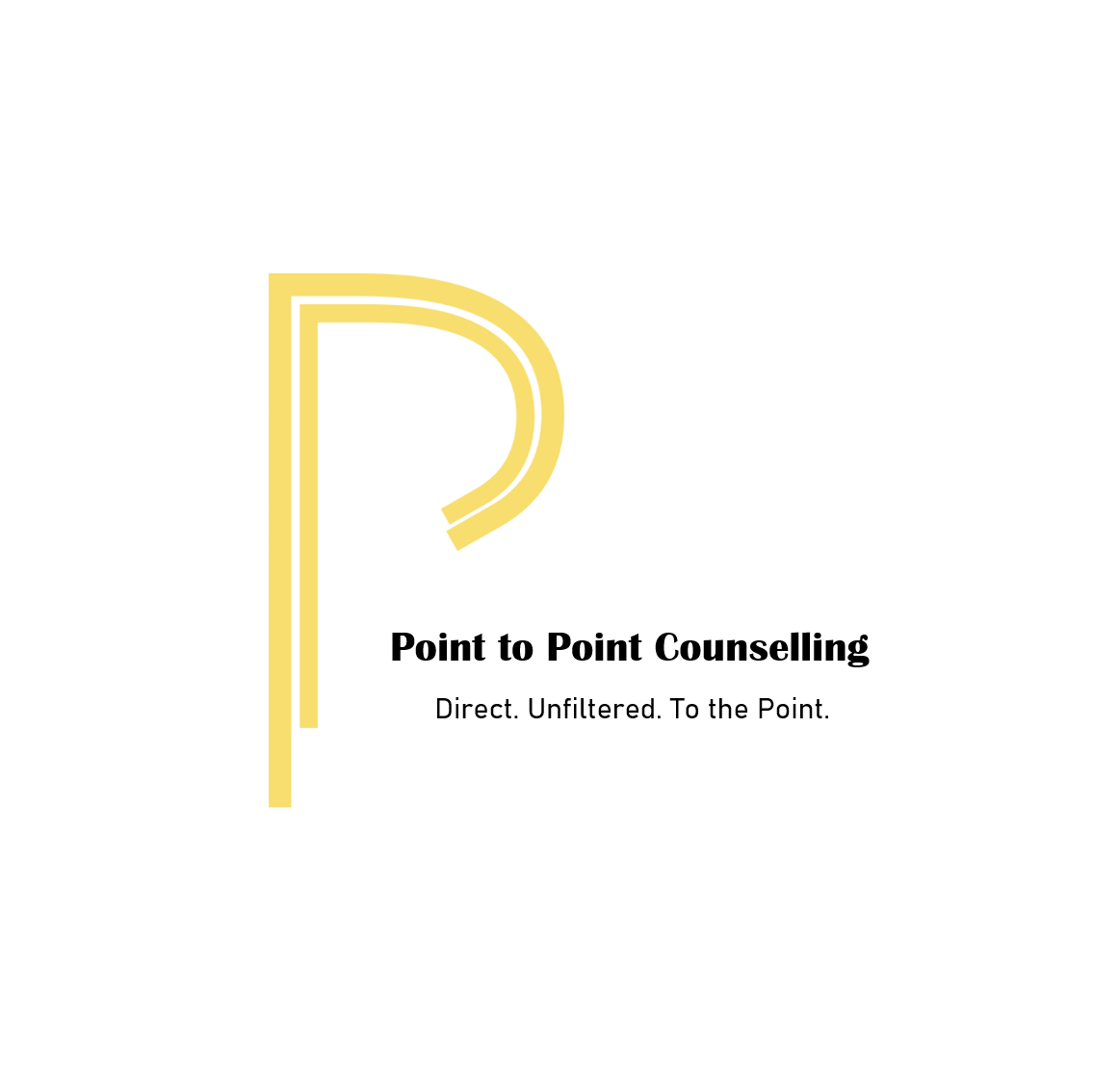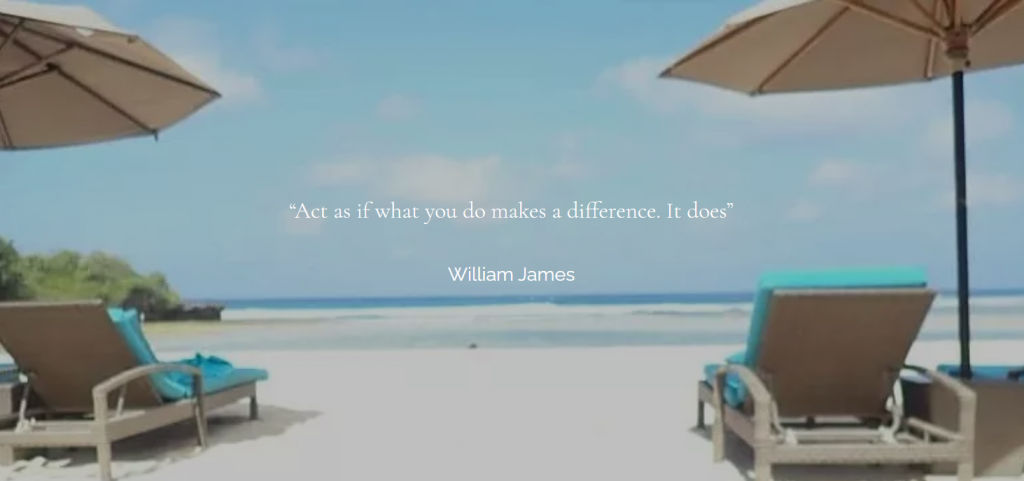Q&A
Your Questions Answered

What is Counselling? Counselling is a safe and confidential collaboration to promote mental health and wellbeing, enhance self-understanding, and resolve identified concerns. Counselling is a process that involves helping an individual find ways to work through and understand their problems as well as understanding how patterns of behaviour, thoughts and feelings, can cause anxiety in daily life. An individual seeks counselling for guidance and discovery.

What is Therapy? Therapy uses an interpersonal relationship to help develop an individuals' self-understanding and to make changes in their life. Therapy is a treatment for psychological concerns and for the purpose of resolving problematic behaviours, beliefs, feelings and symptoms. Therapists and individuals work together to identify, understand, and resolve concerns.

What is Coaching? Coaching deals with an individuals' mental growth and is a process that aims to improve performance, focusing on the 'here and now' rather than on the distant past or future. The essence of coaching is: - assist in identifying an individuals' direction - to help an individual head in their ideal direction - support an individual on their path - to empower, build awareness and realign

How is Counselling, Therapy, and Coaching differentiated? And how do they work in unison? An individuals' motive for entering Counselling or Therapy may be to remove anxiety, anguish, or discomfort due to a myriad of possible triggers - from physical pain to emotional trauma (past/present). Coaching is generative as it assists in the identification and support of an individuals personal path and growth. Both Counselling and Therapy are more likely to involve understanding and working with past experiences while Coaching tends to focus on looking to the future.

How long will the mediation / dispute resolution (DRS) process take? There is no simple answer to this question. It can take a few hours, or can be over a few days, weeks, or more. The duration depends on the people involved and complexity of issues being discussed. Click here to find out more.

Why is the mediation / dispute resolution (DRS) intake separate to the mediation / dispute resolution session? The intake is so we get to gain an understanding of your perspective, and to gain insight into what you're wanting to achieve through the mediation / dispute resolution process. In sessions, we are the neutral and aim to facilitate the process by encouraging individuals to openly discuss and clarify particular issues in dispute.

Can you give me that 60i Certificate? A 60i Certificate must be issued by an accredited Family Dispute Resolution practitioner. To find a private Family Dispute Resolution practitioner, please search the Family Dispute Resolution Register.

What are your fees? Please refer to our Sessions page for more information on PTPC session rates and packages.

What are your payment terms? Point to Point Counselling require all sessions to be paid for in full a minimum of two (2) business days before the session. Point to Point Counselling can arrange for a payment plan that suits you. Payment plans require a minimum of 50% upfront, and nominated installments to paid by specific dates. Any delay in payment of installments may cause your session/s to be cancelled and terms & conditions of bookings and payments to be envoked.

Can I get a Medicare / Health Care Card / private health insurance rebate or discount? Point to Point Counselling don't offer rebates, however you may find a Session package that may suit you. Please refer to our Sessions page for more information.

Do you have timeframes I must use my package sessions? Point to Point Counselling have timeframes for specific package sessions. These are nominated as they are beneficial for the individual in gaining the result sought. The specific timeframes differ depending on the selected package. Please refer to our Sessions page for more information.

What is your rescheduling / cancellation policy? Point to Point Counselling have clear parameters regarding rescheduling and cancellations. To reschedule, a minimum of two (2) business days notice is required. A session can only be rescheduled once. A request to reschedule without sufficient notice will be noted as a cancellation and will not be refunded. Cancellations are requested to be to be as soon as practicable. Sessions cancelled with less than five (5) business days notice will not be refunded. Any sessions cancelled with more than a week's notice will receive a 50% refund. Package sessions not commenced and cancelled with more than five (5) business days' notice will receive a 50% refund. Package sessions can be cancelled but will not receive a refund once commenced. Only one session in a package session can be rescheduled in line with above parameters.

Why does your intake form have so many questions? Do I have to answer everything? Point to Point Counselling has intake forms allowing our personnel to understand some of your situation and perspective. The questions and your answers allow Point to Point Counselling to tailor sessions specific to you and your needs. Point to Point Counselling would prefer you to answer all questions as honestly and as detailed as possible however if you are confused how to detail everything, point form responses are appreciated. Please Contact Us to receive our Intake Form.

You have terms & conditions, privacy policy, consent forms, .. is it all necessary? Point to Point Counselling have this documentation for full transparency. Point to Point Counselling take your wellbeing as a priority and transparency is our first step in showing you. Please refer to our Privacy page for more information.

Why do you call on a Private Number? Due to the nature of our service, discretion is required. There are a multitude of reasons complete confidentiality and privacy is required including but not limited to individual safety and protection. As such when our service provider contacts you they will do so with a private number. You can also send us an email and we will contact you. N.B. If you are contacting us via email and require full privacy, please ensure you delete your sent item from the 'sent' folder and also from the 'trash' file.

Apart from face-to-face sessions, can use your service another way? As we have entered the 22nd Century, Point to Point Counselling have adapted and conducts sessions via Zoom, WhatsApp, Meet, Facebook video call. and voice call. Point to Point Counselling also offer the option to conduct continual sessions via online chat. Please Contact Us to discuss your best-suited option.

Do you take short-notice sessions/bookings? It's kind of an emergency... Point to Point Counselling will accommodate where we can. Please give send us an email. Please note, there is an additional short notice fee applicable. If your emergency is a immediate personal safety risk, puts you in imminent danger, or a matter of physical violence is occurring, please contact 000 immediately.

I emailed you but I haven't received a reply... Point to Point Counselling usually responds between 12-24 hours. If you haven't seen our reply, please check your email junk / promotions / spam folders. Alternatively, please give us a call by clicking on the "Call Point to Point Counselling" button on the Contact Us page.

If you have any Questions not asked above, please Contact Us

